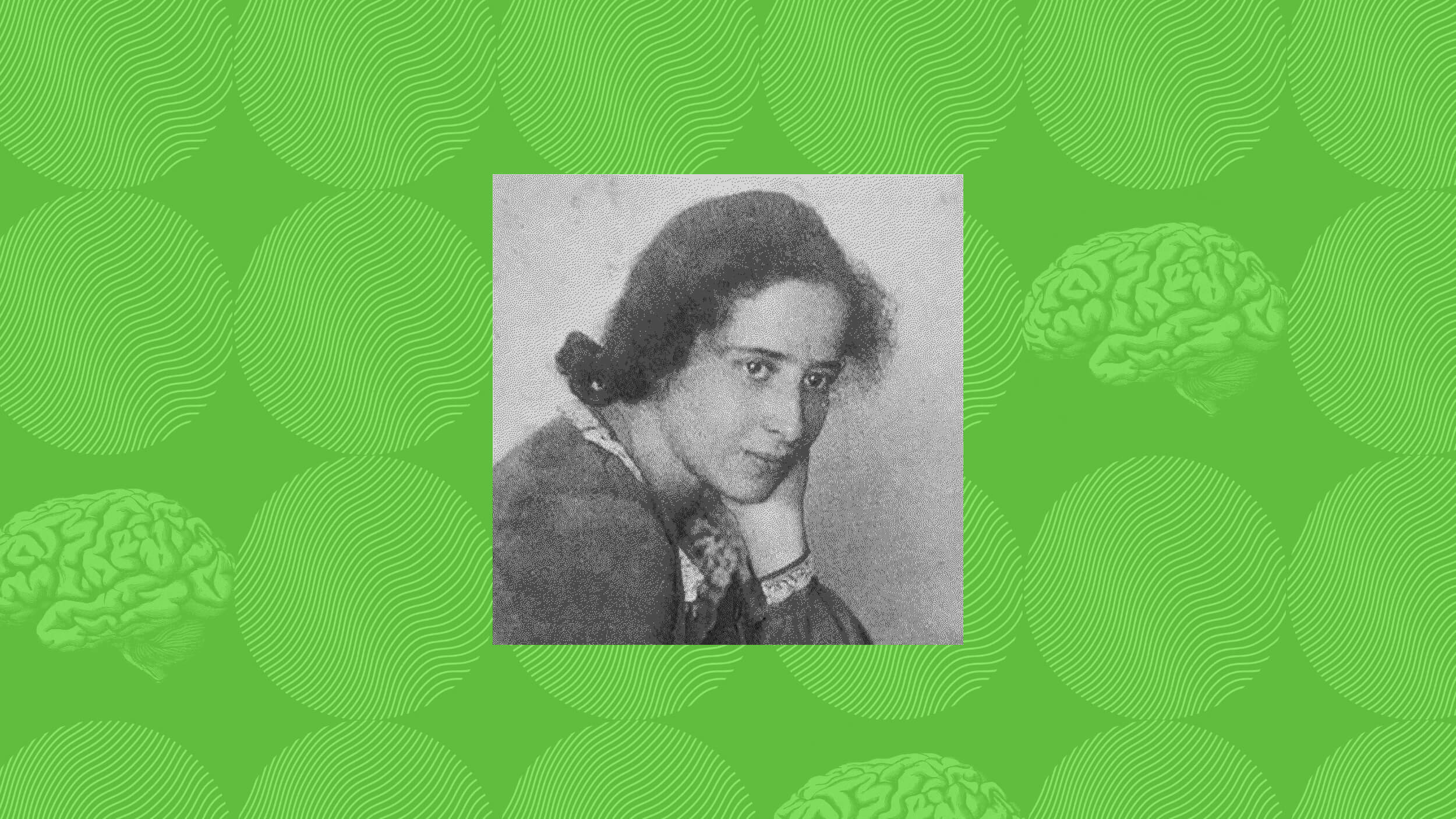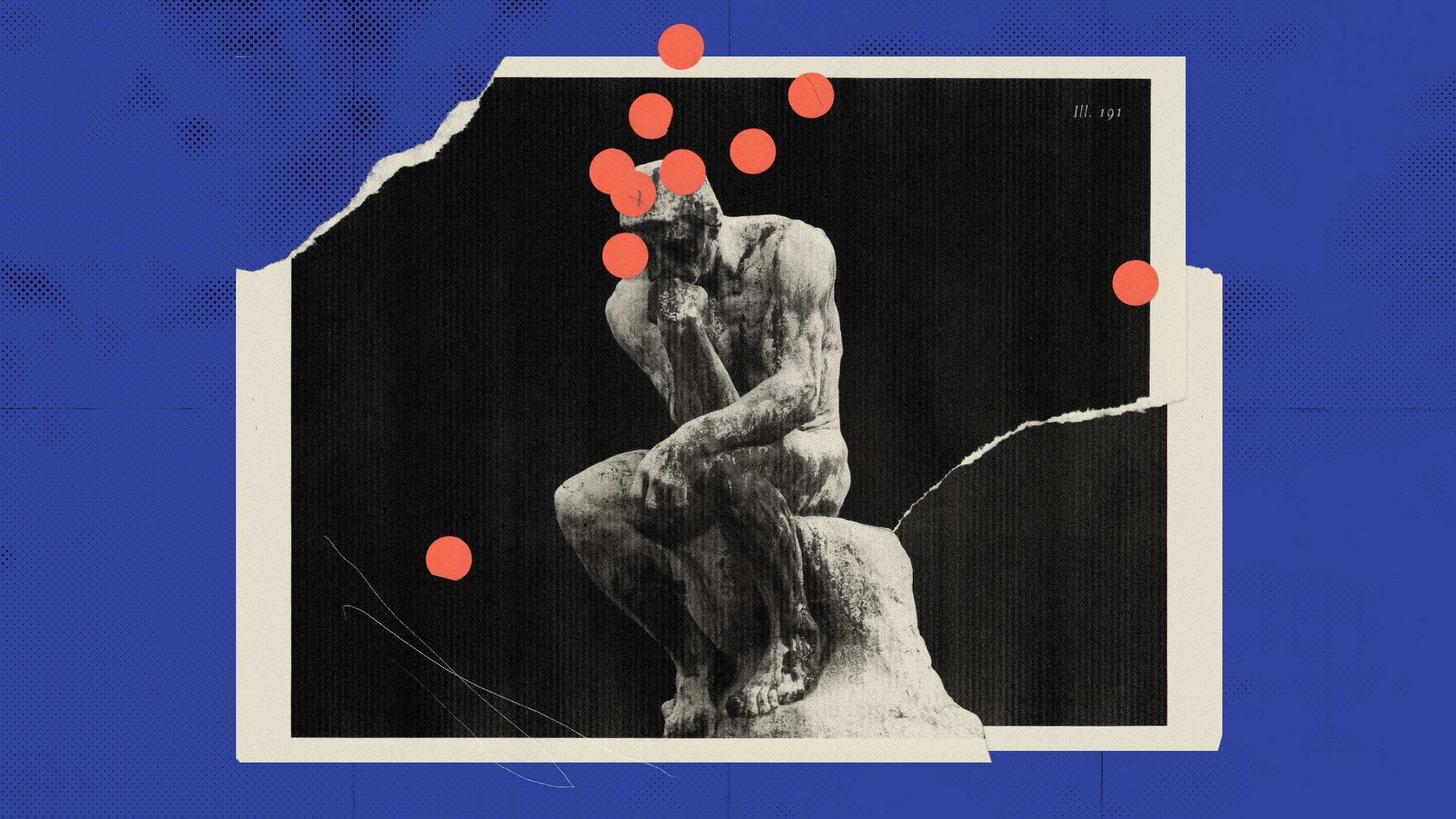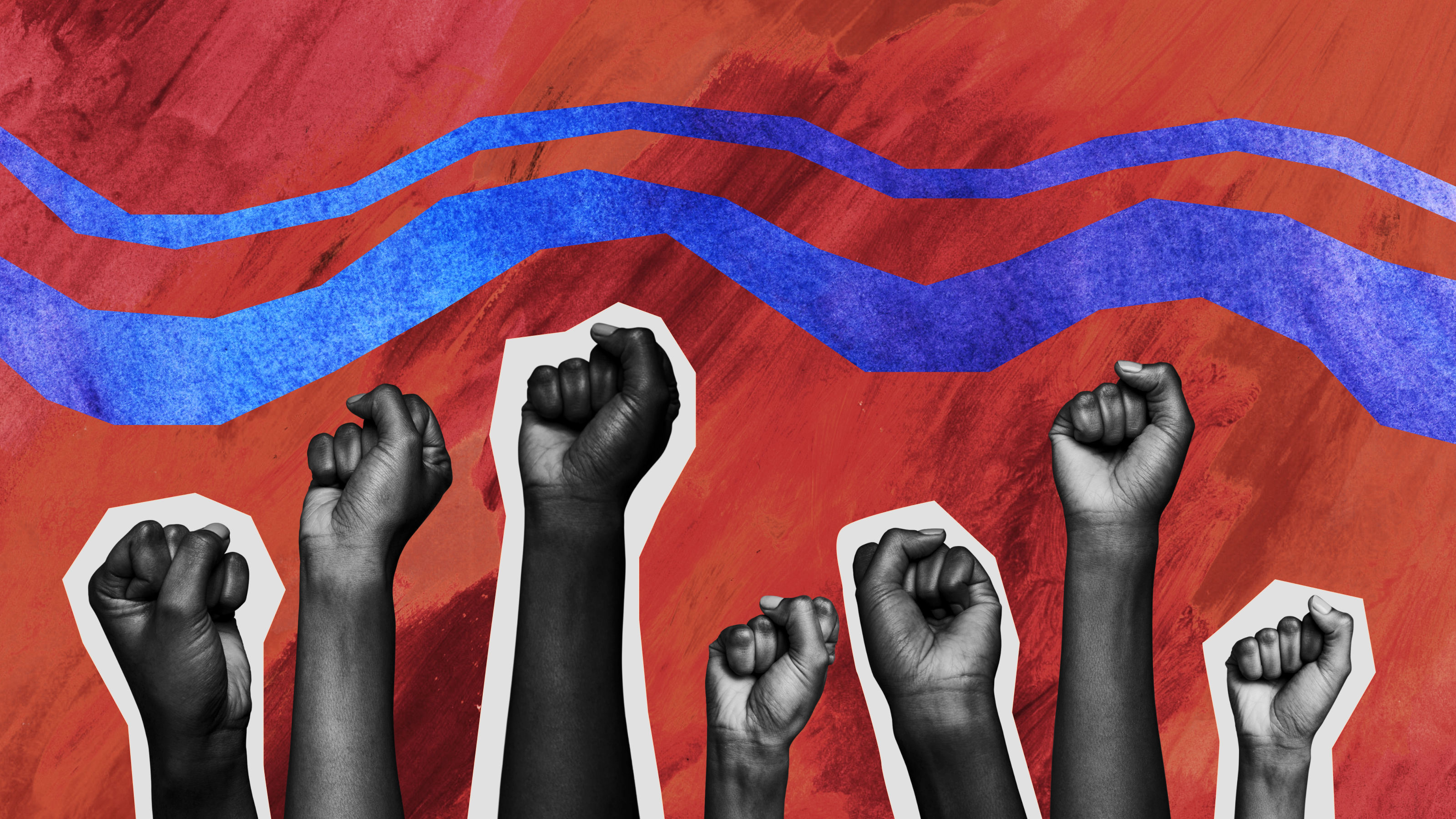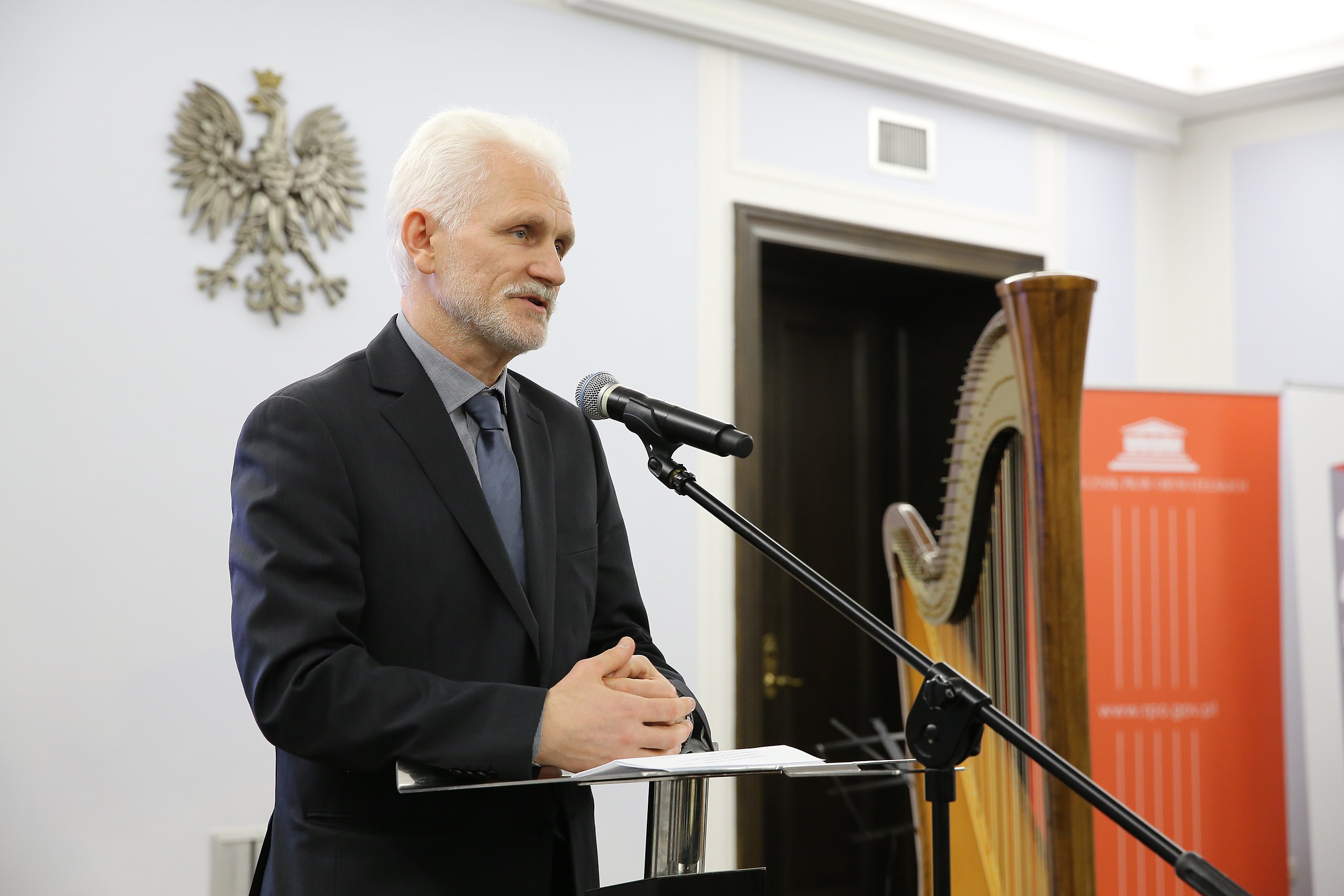The Pen: Celebrating World Press Freedom Day
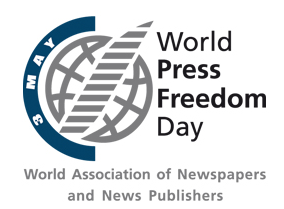
“If a regime is hellbent on turning a journalist into a spy,” Paul Martin writes, “it can simply put him on trial in a closed court, announce a verdict, list the now ‘proven’ allegations, and lock the journalist up—or worse.” This reality, which Martin learned firsthand, confronts journalists around the globe every day, and underscores the indispensable role reporters play in chipping away at these corrupt regimes and rigged courts.
On Monday, World Press Freedom Day, Martin recounted some of his ordeal in an article in the Guardian: falsely accused of espionage, held by Hamas in Gaza for nearly a month and threatened with death. According to Martin, his trouble began when he filmed a young man who had defected from a militant group and had spoken out against the organization’s tactic of firing rockets into Israel. Thinking about that man, Mohamed—who now faces execution—Martin questions whether he made the right decision by bringing attention to Mohamed’s dissent. “Was I right to film him?” Martin asks, “Did filming him put him in more danger than he already was? I would argue that it is the interviewee’s decision, not the journalist’s, provided he has had time to think about it and the risks have been made clear.” But the more important question Martin poses is whether journalists should “try everything to protect the subjects of our films if they later get into deep trouble with the authorities?” That is, by advocating on behalf of their sources, do journalists overstep the bounds of the disinterested observer? According to Martin, “Journalists have a duty not just to tell the truth in their media outlets, I would argue, but also to defend those who have given them their stories.”
This kind of journalism embraces human rights and social justice at all levels, and that’s where the disinterested stance ends. Beyond the high profiles that certain imprisoned journalists enjoy in the West—reporters like Martin and Roxana Saberi, who are of course very deserving of our respect—there are the many other journalists, media workers and political dissidents whose imprisonment generates no petitions and now public outcry. According to the reporter Danielle Shapiro, “Of all the journalists who have died around the world because of their work, 90 percent are locals,” people who rarely get a byline. Shapiro says that if we take the case of Daniel Pearl, “the only journalist murder in the last decade to have been solved and prosecuted to a conviction in Pakistan,” there is hope for justice for all journalists. The case of Pearl shows that with forceful international pressure, the persecutors of journalists can be brought to justice, or the acts of persecution can be avoided in the first place. It’s up to those who value the freedom of the press to bring that pressure to bear on those who would silence journalists as a political weapon.
